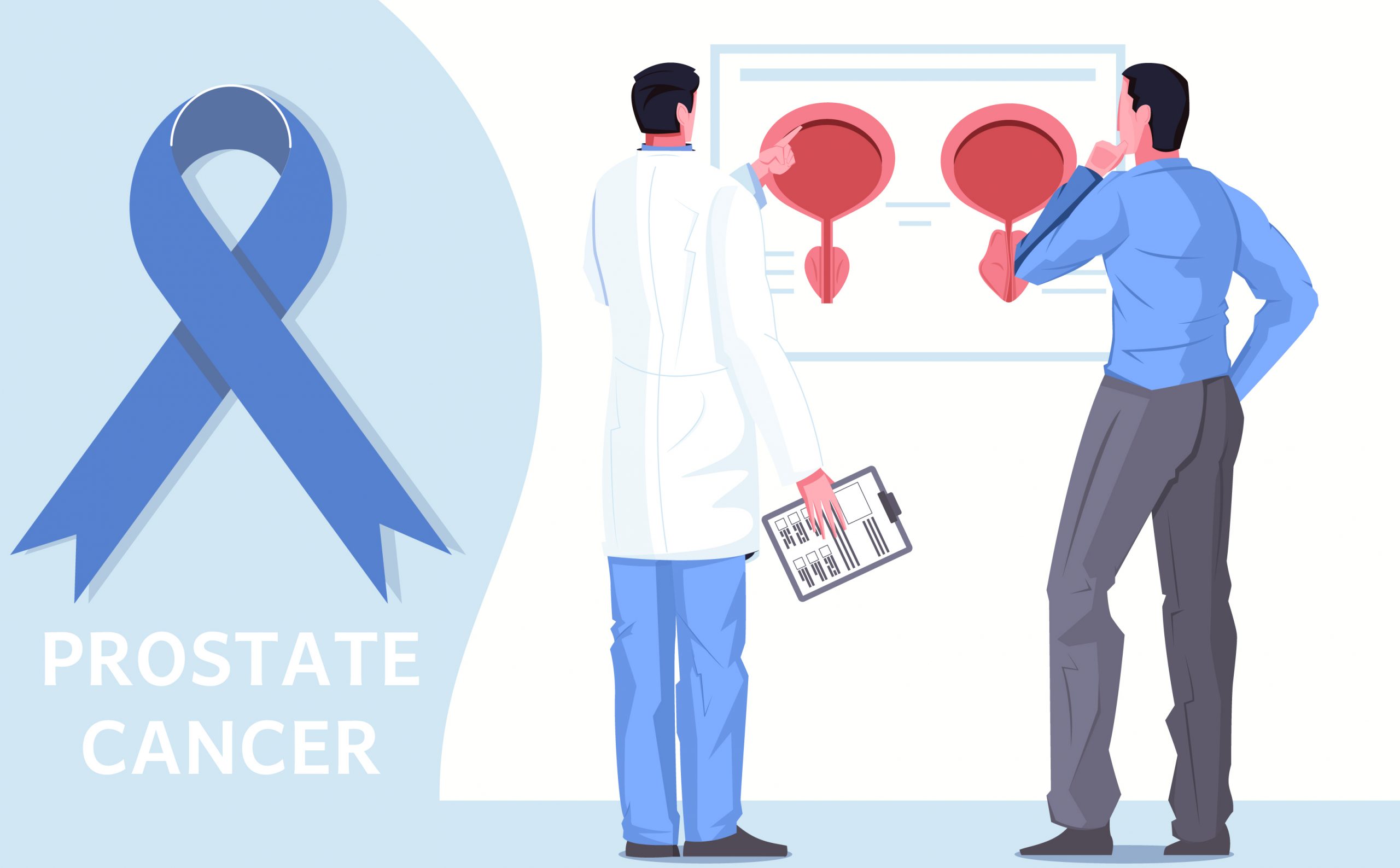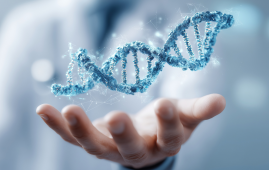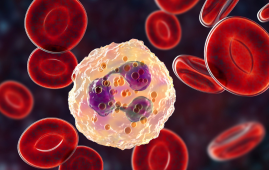

Researchers from the University of South Australia have shown that men who regularly eat colored fruits and vegetables had a lower risk of developing prostate cancer (PC).
Prostate cancer (PC) can be prevented with a variety of diets high in specific micronutrients, and men undergoing radiation therapy for the condition recover more quickly.
The results of two studies, which were published in the journal Cancers, emphasize the value of a Mediterranean or Asian diet that contains these foods.
Researchers investigated the plasma levels of micronutrients in prostate cancer patients and a healthy control group, finding that PC patients had lower amounts of lutein, lycopene, alpha-carotene, and selenium while the same group had higher levels of iron, sulfur, and calcium than controls.
Low levels of lycopene and selenium in blood plasma have also been linked to increased DNA damage following radiation exposure.
Males who have plasma concentrations of lycopene and/or selenium lower than 0.25 ug/mL for lycopene and/or 120 ug/L for selenium have a higher chance of developing prostate cancer, and they may also be more sensitive to the harmful effects of radiation.
Tomatoes, melons, papayas, grapes, peaches, watermelons, and cranberries are among the foods high in lycopene. White meat, seafood, shellfish, eggs, and nuts are some of the foods high in selenium.
Dr. Permal Deo, a co-author of the study, argues that consuming foods that are naturally high in lycopene and selenium is preferable to taking pills, which, according to other studies, have very modest advantages.
“Our recommendation is to adopt a Mediterranean diet enlisting the help of a dietician because people absorb nutrients in different ways, depending on the food, the digestive system, the person’s genotype, and possibly their microbiome,” Dr. Deo says.
This study was motivated by the fact that nutritional deficits linked to prostate cancer are still largely unknown, despite it being one of the most prevalent and deadly malignancies in men.
Age, family history, and other risk variables like ethnicity have also been previously connected to prostate cancer.
“There is strong evidence that being overweight and tall increases the risk of prostate cancer. Diets high in dairy products and low in vitamin E may also increase the risk but the evidence is less clear.”
Vitamin E is found in plant-based oils, nuts, seeds, fruits, and vegetables.
The research is the first to evaluate plasma concentrations of micronutrients and trace elements with respect to prostate cancer in the South Australian population.
more recommended stories
 Type 2 Diabetes Risk Identified by Blood Metabolites
Type 2 Diabetes Risk Identified by Blood MetabolitesKey Takeaways (Quick Summary) Researchers identified.
 Microglia Neuroinflammation in Binge Drinking
Microglia Neuroinflammation in Binge DrinkingKey Takeaways (Quick Summary for HCPs).
 Durvalumab in Small Cell Lung Cancer: Survival vs Cost
Durvalumab in Small Cell Lung Cancer: Survival vs CostKey Points at a Glance Durvalumab.
 Rising Chagas Parasite Detected in Borderland Kissing Bugs
Rising Chagas Parasite Detected in Borderland Kissing BugsKey Takeaways (At a Glance) Infection.
 Can Ketogenic Diets Help PCOS? Meta-Analysis Insights
Can Ketogenic Diets Help PCOS? Meta-Analysis InsightsKey Takeaways (Quick Summary) A Clinical.
 Ancient HHV-6 Genomes Confirm Iron Age Viral Integration
Ancient HHV-6 Genomes Confirm Iron Age Viral IntegrationKey Takeaways for HCPs Scientists reconstructed.
 Fat-Regulating Enzyme Offers New Target for Obesity
Fat-Regulating Enzyme Offers New Target for ObesityKey Highlights (Quick Summary) Researchers identified.
 Gestational Diabetes Risk Identified by Blood Metabolites
Gestational Diabetes Risk Identified by Blood MetabolitesKey Takeaways (Quick Summary for Clinicians).
 Pelvic Floor Disorders: Treatable Yet Often Ignored
Pelvic Floor Disorders: Treatable Yet Often IgnoredKey Takeaways (Quick Summary) Pelvic floor.
 Circadian Control of Neutrophils in Myocardial Infarction
Circadian Control of Neutrophils in Myocardial InfarctionKey Takeaways for HCPs Neutrophil activity.

Leave a Comment